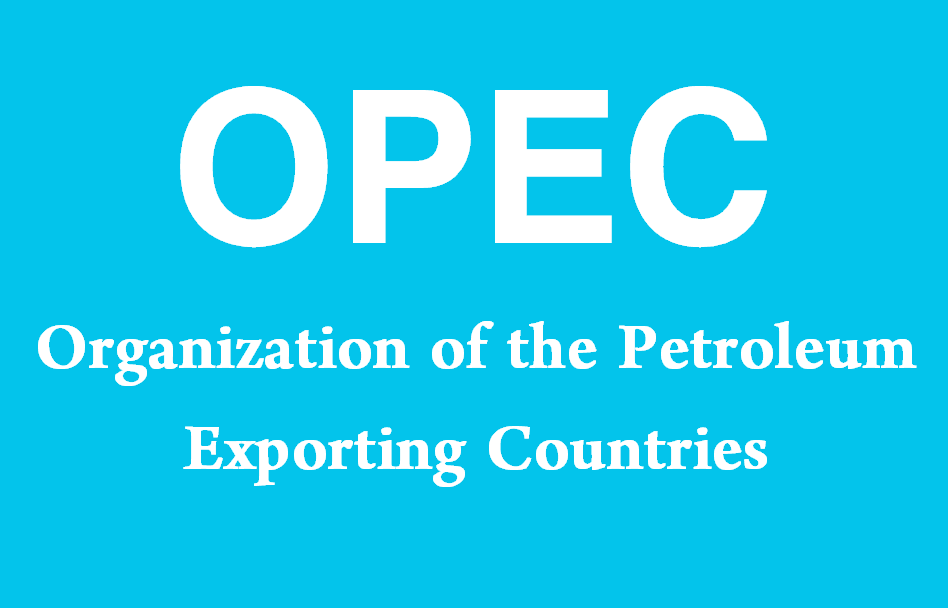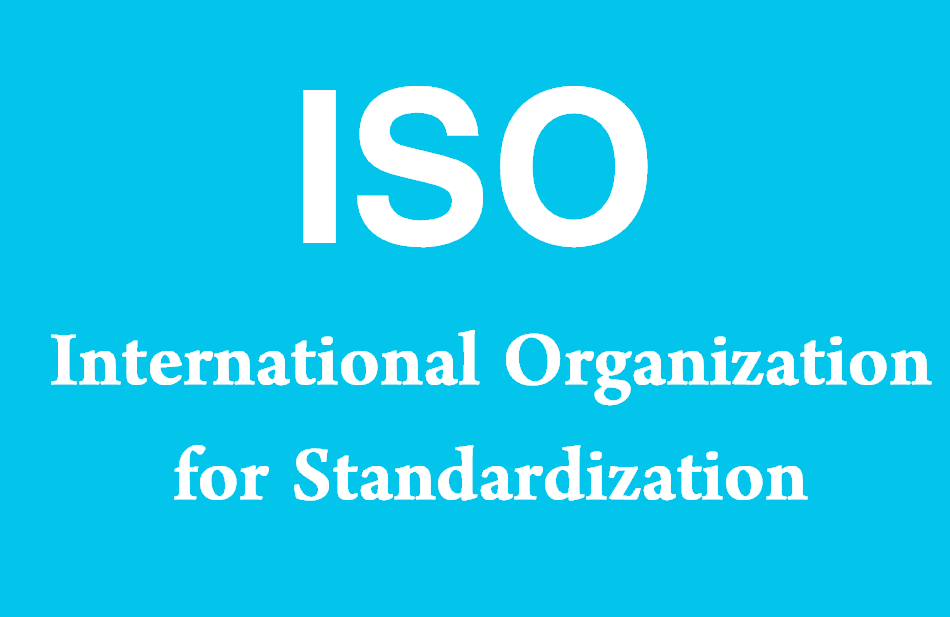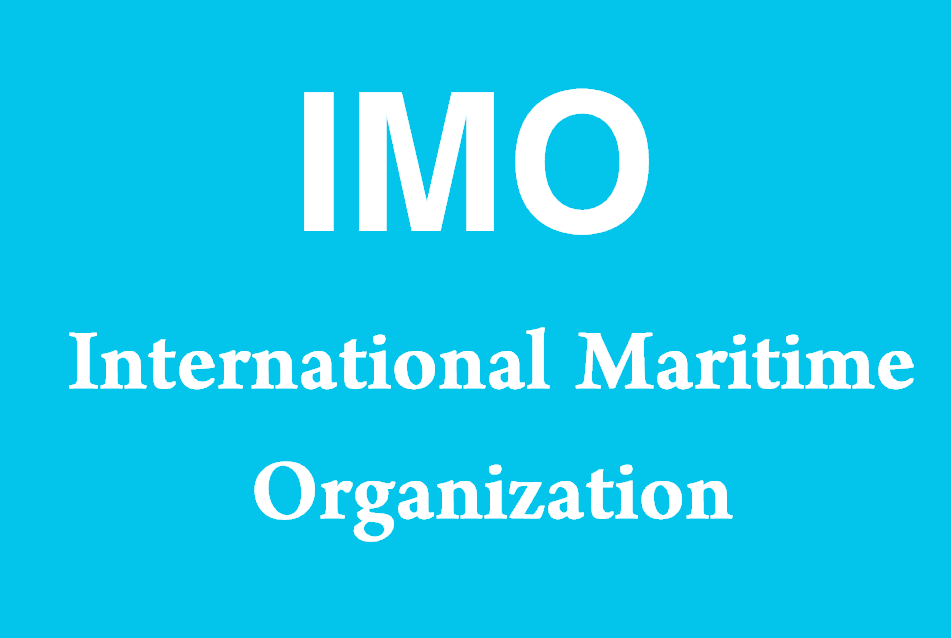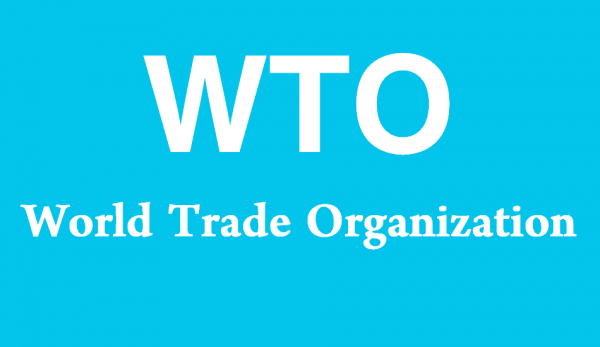What Does OPEC Stand For?
The acronym “OPEC” stands for the Organization of the Petroleum Exporting Countries. Established in 1960, OPEC is a permanent intergovernmental organization of oil-exporting developing nations that coordinates and unifies the petroleum policies of its member countries. The organization plays a crucial role in determining the world’s oil supply and pricing, significantly impacting the global economy.

Comprehensive Explanation of the Organization of the Petroleum Exporting Countries
Introduction to OPEC
OPEC was founded on September 14, 1960, in Baghdad by five founding members: Iran, Iraq, Kuwait, Saudi Arabia, and Venezuela. The organization has since expanded to include additional member countries, which collaborate to manage the supply and price stability of oil. OPEC’s headquarters is located in Vienna, Austria.
Objectives and Mission
Stabilization of Oil Markets
OPEC’s primary objective is to stabilize oil markets to ensure an efficient, economic, and regular supply of petroleum to consumers. This involves coordinating oil production levels among member countries to balance supply and demand.
Securing Fair Returns
OPEC aims to secure fair returns for the oil-producing countries and investors in the petroleum industry. By regulating oil production, OPEC seeks to prevent price volatility and ensure stable revenues for its members.
Promoting Cooperation
OPEC promotes cooperation among its member countries and with other oil-producing nations. This collaboration extends to technical and economic research, sharing information and best practices, and addressing common challenges in the oil industry.
Structure and Governance
OPEC Conference
The OPEC Conference, comprising the oil and energy ministers of member countries, is the organization’s supreme authority. The Conference meets twice a year to set policies, approve budgets, and make key decisions regarding oil production quotas.
Board of Governors
The Board of Governors oversees the implementation of Conference decisions and manages the organization’s administrative affairs. Each member country appoints a governor and an alternate to the board.
OPEC Secretariat
The OPEC Secretariat, headquartered in Vienna, carries out the day-to-day operations of the organization. It is headed by the Secretary General, who is appointed by the Conference. The Secretariat conducts research, monitors oil market developments, and provides support to member countries.
Membership and Expansion
Member Countries
OPEC’s membership has grown from the original five founding members to include several additional oil-exporting countries. As of 2024, OPEC has 13 member countries, which are major players in the global oil market.
Criteria for Membership
To become a member of OPEC, a country must be a substantial net exporter of crude oil and share the organization’s goals. Membership requires approval by a majority of existing members.
Role in Global Oil Markets
Influence on Oil Prices
OPEC significantly influences global oil prices through its production decisions. By adjusting output levels, OPEC can impact the supply of oil, thereby affecting prices. This influence makes OPEC a critical player in the global energy market.
Collaboration with Non-OPEC Producers
OPEC collaborates with non-OPEC oil producers, such as Russia, through agreements like OPEC+. These collaborations aim to stabilize oil prices by coordinating production levels across a broader range of countries.
Response to Market Changes
OPEC responds to changes in global oil demand and supply dynamics. During periods of excess supply or demand shocks, OPEC adjusts its production targets to help balance the market.
Challenges and Criticisms
Internal Disagreements
OPEC faces internal challenges, including disagreements among member countries over production quotas and pricing strategies. These conflicts can impact the organization’s effectiveness in achieving its objectives.
Competition from Non-OPEC Producers
The rise of non-OPEC oil producers, particularly the shale oil industry in the United States, has introduced competition and reduced OPEC’s market share. This has forced OPEC to adapt its strategies to maintain influence.
Environmental and Sustainability Concerns
OPEC is criticized for its focus on fossil fuels, which contribute to climate change. The global shift towards renewable energy sources and efforts to reduce carbon emissions pose long-term challenges to OPEC’s relevance.
OPEC’s Impact on Importers
Price Stability
For oil-importing countries, OPEC’s efforts to stabilize oil prices provide predictability and reduce the risk of price spikes. This stability is crucial for economic planning and energy security.
Supply Security
OPEC’s coordination helps ensure a steady supply of oil, which is vital for importers reliant on petroleum for energy and industrial needs. Disruptions in OPEC’s production can lead to supply shortages and economic disruptions.
Market Signals
OPEC’s production decisions send important signals to global oil markets. Importers closely monitor OPEC meetings and announcements to anticipate changes in oil supply and adjust their strategies accordingly.
Future Prospects
Adaptation to Renewable Energy Trends
OPEC is exploring ways to adapt to the global energy transition. This includes investing in renewable energy projects and diversifying economies to reduce dependence on oil revenues.
Enhancing Cooperation
Strengthening cooperation with non-OPEC producers and participating in international energy dialogues will be key for OPEC’s future influence. Collaborative efforts can enhance market stability and address shared challenges.
Innovation and Technology
OPEC member countries are investing in technological advancements to improve oil extraction efficiency, reduce environmental impact, and explore new energy solutions. Embracing innovation will be crucial for OPEC’s sustainability.
Notes to Importers
Introduction
Importing oil involves navigating the complexities of OPEC’s production decisions and understanding the broader oil market dynamics. This section provides comprehensive notes to importers on how to effectively manage oil imports, focusing on compliance, risk management, and strategic planning.
Understanding OPEC’s Influence
Monitoring OPEC Announcements
Importers should closely monitor OPEC meetings, announcements, and production decisions. These events provide critical insights into future oil supply and price trends.
Analyzing Market Trends
Understanding broader market trends, including geopolitical developments and economic indicators, is essential for anticipating changes in oil supply and demand influenced by OPEC’s actions.
Compliance with Import Regulations
Import Licensing and Permits
Importers must obtain the necessary licenses and permits to import oil. Compliance with national and international regulations ensures legal and smooth import operations.
Adhering to Quality Standards
Oil imports must meet specific quality standards set by importing countries. Importers should ensure that their suppliers adhere to these standards to avoid legal and operational issues.
Risk Management Strategies
Hedging Against Price Volatility
Importers can use financial instruments like futures contracts and options to hedge against price volatility. These tools help mitigate the financial risk associated with fluctuating oil prices.
Diversifying Supply Sources
Relying on multiple suppliers from different regions can reduce the risk of supply disruptions. Diversification ensures a more stable and reliable supply chain.
Strategic Planning and Forecasting
Long-Term Contracts
Establishing long-term contracts with suppliers can provide price stability and secure a consistent oil supply. These contracts often include favorable terms and conditions negotiated based on mutual trust and reliability.
Scenario Analysis
Conducting scenario analysis helps importers prepare for various market conditions. By evaluating potential outcomes, importers can develop strategies to address different scenarios, such as supply shortages or price spikes.
Sustainability and Environmental Considerations
Compliance with Environmental Regulations
Importers must comply with environmental regulations governing the transportation and use of oil. This includes adhering to emission standards and implementing measures to reduce environmental impact.
Investing in Renewable Energy
Diversifying energy portfolios by investing in renewable energy sources can reduce reliance on oil imports. Importers should explore opportunities in solar, wind, and other renewable energies to enhance sustainability.
Engaging with OPEC and Industry Stakeholders
Participating in Industry Forums
Engaging with industry forums and trade associations provides valuable networking opportunities and insights into market trends. Participation in these forums can enhance understanding of OPEC’s influence and broader industry dynamics.
Building Relationships with OPEC Member Suppliers
Establishing strong relationships with suppliers from OPEC member countries can improve negotiation leverage and ensure a reliable supply of oil. Building trust and maintaining open communication are key to successful partnerships.
Sample Sentences Using “OPEC” and Their Meanings
- OPEC’s decision to cut production has led to a significant increase in global oil prices.
- This means that OPEC’s choice to reduce oil production has caused oil prices worldwide to rise.
- As an oil importer, our company closely monitors OPEC meetings to anticipate market changes.
- This indicates that the company keeps a close watch on OPEC meetings to predict shifts in the oil market.
- The collaboration between OPEC and non-OPEC producers, known as OPEC+, aims to stabilize the oil market.
- This means that OPEC and other oil producers work together under the OPEC+ agreement to maintain market stability.
- OPEC’s influence on oil prices makes it a key player in the global energy industry.
- This indicates that OPEC’s ability to affect oil prices makes it an important entity in the worldwide energy sector.
- Importers are concerned about the potential impact of OPEC production cuts on their supply chains.
- This means that importers worry that reductions in oil production by OPEC could affect their ability to obtain oil.
Other Meanings of “OPEC”
| Acronym | Full Form | Description |
|---|---|---|
| OPEC | Organization of Political and Economic Cooperation | An organization focused on fostering political and economic collaboration between countries. |
| OPEC | Office of Population and Environment Control | A governmental body responsible for managing population growth and environmental protection policies. |
| OPEC | Online Payment and E-commerce Corporation | A company specializing in providing online payment solutions and e-commerce services. |
| OPEC | Operational Performance Evaluation Center | A facility dedicated to assessing and improving the performance of various operations and processes. |
| OPEC | Office of Public Engagement and Communication | A governmental or organizational office focused on engaging with the public and managing communications. |
| OPEC | Organization for Professional Education and Certification | An entity that provides educational programs and certification for professionals in various fields. |
| OPEC | Office of Policy Evaluation and Coordination | A governmental office responsible for evaluating and coordinating policy initiatives and programs. |
| OPEC | Open Platform for Educational Content | A digital platform providing access to a wide range of educational resources and materials. |
| OPEC | Organization for the Protection of Endangered Cultures | An organization dedicated to preserving and promoting endangered cultural practices and heritage. |
| OPEC | Office of Economic Planning and Coordination | A governmental office responsible for economic planning and coordinating development initiatives. |
| OPEC | Online Platform for Environmental Conservation | A digital platform aimed at promoting environmental conservation efforts and initiatives. |
| OPEC | Organization of Professional Engineers and Consultants | An association representing professional engineers and consultants, providing support and advocacy. |
| OPEC | Office of Performance Evaluation and Compliance | A governmental office responsible for evaluating performance and ensuring compliance with regulations. |
| OPEC | Operational Planning and Execution Center | A command center responsible for planning and executing operational activities. |
| OPEC | Organization for the Promotion of Ethical Commerce | An organization promoting ethical business practices and fair trade principles. |
| OPEC | Office of Procurement and Equipment Coordination | A governmental or organizational office managing the procurement and coordination of equipment and supplies. |
| OPEC | Online Professional Education Consortium | A group of institutions offering online professional education and training programs. |
| OPEC | Organization for Public and Environmental Conservation | An entity focused on conserving public spaces and protecting the environment. |
| OPEC | Office of Performance and Efficiency Control | A governmental office responsible for monitoring and improving performance and efficiency in various sectors. |
| OPEC | Operational Planning and Evaluation Committee | A committee tasked with planning and evaluating the operational strategies of an organization. |




